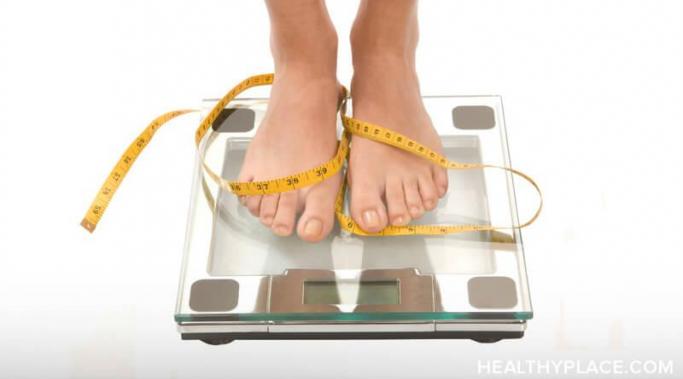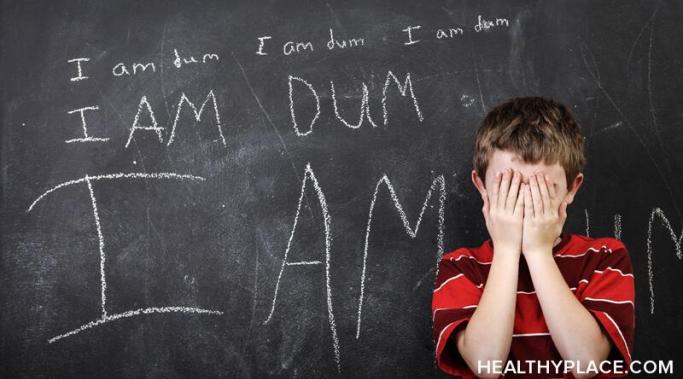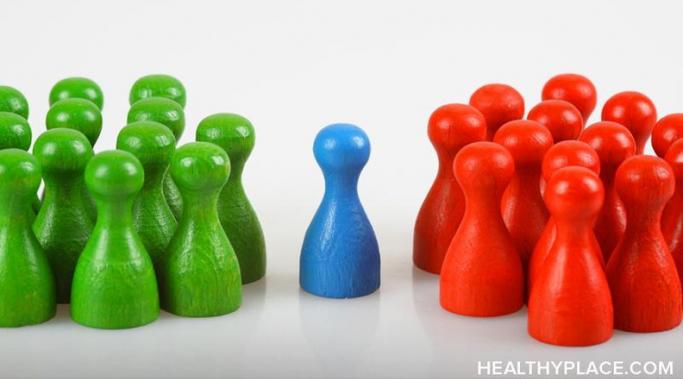Blogs
You may have heard some variation of the famous saying, "perspective is everything." While many people believe this is a good life philosophy, I disagree. Perspective is vital, but it is not everything.
In a perfect world, it would be nice to avoid adversity altogether, but unfortunately, everybody has to face unfavorable circumstances at some point. However, dwelling on adversity only leads to dismay, and focusing on the potential positive outcomes in any situation is much more likely to work in your favor.
Recently, I have noticed a disturbing diet-talk trend whenever I am with a group of women. Last week, for example, someone at my job said they eat less than 1000 calories while dieting. Another is preparing for her upcoming wedding by eliminating all carbohydrates. Constantly, I hear things like, "I'm trying to be good, so I'm not eating sugar," or "I was so bad last night because I ate ice cream."
For a very long time, I wasn’t comfortable with myself. During my journey to healing, I quickly realized that it’s a lot easier for us to make friends with strangers than our own selves. It took me such a long time to make friends with myself and slowly learn to love who I am. Now that I’m here, I hope to help as many people as possible find their way to self-love.
I’ve never described it in these terms, but I hacked my skin-picking disorder. Excoriation disorder used to control every aspect of my life—physically and emotionally—and I was certain I’d suffer forever. Today, I can share with you that this is far from reality. I might have skin picking disorder, but it doesn’t have me.
As I tried to come up with a topic for this blog post, my mind spun a web of negative thoughts. I realized that the deadline for publication was looming. Like many weeks, I scolded myself for procrastinating. Then I started thinking about unrelated issues like my work performance, unmet goals, rejection, friendships, and relationships. Depression tortured me with lies that I will reveal in this post. Here are five of the lies my depression has told me and what I have learned from them.
My schizoaffective disorder tells me a lot of bad things about myself and makes me think I’m a bad person. Here are some of the ways that I feel like a bad person because of my schizoaffective disorder and how I fight back.
When facing repetitive verbal abuse, you may wonder if abusers can change and become loving and supportive people. Can a verbally abusive person change and stop using hurtful words and intimidation on others? Of course, the answer will depend on the individual and their dedication to embracing change.
It's hard to be happy when you struggle with anxiety. Anxiety, in and of itself, contradicts happiness. If you think about it, when you're happy, you're experiencing positive emotions. But when you're anxious, you're experiencing fear, uncertainty, worry, and doubt.
When faced with a difficult situation, it can be overwhelming and sometimes lead to low self-esteem and self-doubt. This makes it hard to stay motivated and confident. In my experience, it is important to develop coping mechanisms that help you over the long term because everyone experiences difficult times in their lives.









